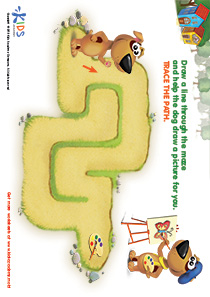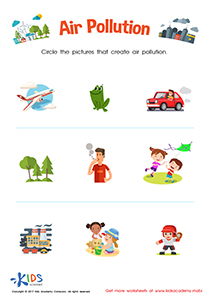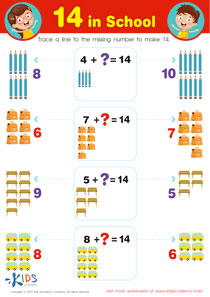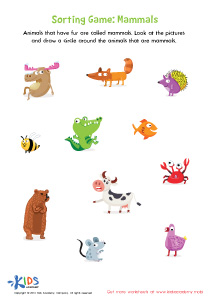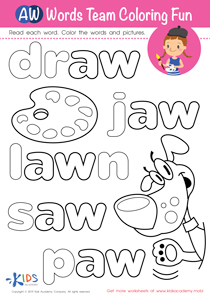Foundational Reading Lessons | Letter I.D for Ages 6-7
22 results
Unlock the World of Letters: Exploring Letter I.D for Ages 6-7
Dive into the captivating world of letters with our specially designed lessons on Letter I.D for children aged 6-7. Our engaging curriculum is brimming with interactive worksheets that make learning both fun and impactful. Occasionally, we sprinkle in educational videos to enrich your child's understanding and retention. To cap off each lesson, assessment quizzes are provided, ensuring that the knowledge sticks and confidence grows. Perfect for young learners, our course promises to be a delightful journey through the alphabet, focusing on letter identification and much more. Join us, and let's explore the magic of letters together!
In today’s fast-paced educational landscape, ensuring foundational literacy skills in children is paramount. For parents and educators focusing on children aged 6-7, our lessons on Letter I.D (Identification) stand out as a cornerstone for building robust reading and writing abilities. These lessons are not just another step in learning; they are a comprehensive, interactive, and engaging way to ensure children grasp the basics of the alphabet, particularly the identification of letters, which is crucial at this stage of their development.
Understanding the alphabet is the first step towards literacy. Letter I.D for Ages 6-7 is designed specifically to cater to this critical phase of learning. By integrating interactive worksheets, educational videos, and assessment quizzes, we've created a learning environment that is not only effective but also incredibly engaging for young learners.
The interactive worksheets are a game-changer. They are not the typical fill-in-the-blanks sheets; they are designed to stimulate the minds of children aged 6-7. Through activities such as letter tracing, matching letters to pictures, and identifying letters in various fonts and contexts, children develop a deep understanding of each letter's shape, sound, and usage. This hands-on approach ensures that learning is not a chore but an adventure that children look forward to each day.
Moreover, the inclusion of educational videos adds another layer to their learning experience. Children in the digital age respond remarkably well to visual and auditory stimuli. Our videos are crafted with this in mind, featuring engaging characters and stories that revolve around letters and sounds. These stories not only help in reinforcing letter identification but also enhance the children’s ability to listen and understand spoken language, a skill that is closely linked with reading proficiency.
Lastly, the assessment quizzes play a crucial role in consolidating the children's learning. These quizzes are designed to be fun and interactive, providing immediate feedback that is crucial for young learners. This immediate response mechanism helps in reinforcing the correct identification of letters and also in identifying areas where the child might need further practice. Additionally, these quizzes give parents and educators valuable insights into the child's progress, enabling them to tailor further learning experiences accordingly.
The benefits of Letter I.D for Ages 6-7 extend beyond just learning the alphabet. It lays a solid foundation for phonemic awareness, spelling, and vocabulary building. Early mastery of letter identification is closely linked with later reading success; children who excel in this fundamental skill often find it easier to decode words, comprehend texts, and eventually, develop a love for reading.
In conclusion, Letter I.D for Ages 6-7 is more than just an educational program; it’s a comprehensive learning journey designed to empower children with the skills they need to succeed in their studies and beyond. Through interactive worksheets, educational videos, and assessment quizzes, children not only learn to identify letters but also begin to build a lifelong relationship with reading and writing. As educators and parents, investing in such foundational skills is one of the most significant contributions we can make to our children's future.
